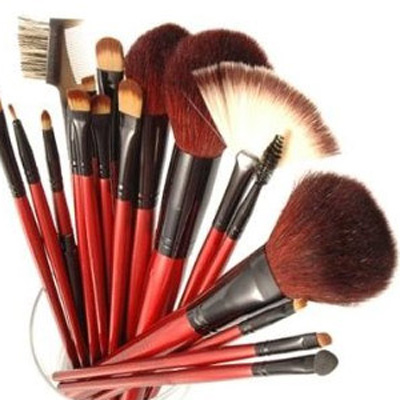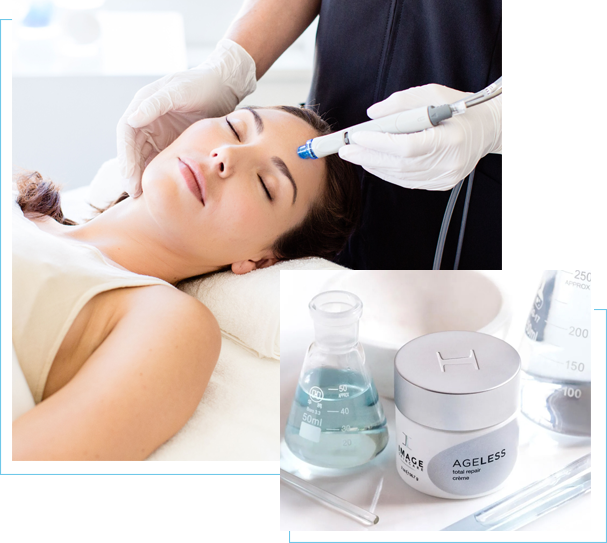
When should you throw away old makeup and cosmetics?
This question comes up often in the office, especially when women have any kind of rash on their face and they are concerned that it might be an infection from makeup, cosmetics, or brushes. I don’t think anyone knows for sure, and I don’t think there is a clear cut answer. I suppose the makeup companies would like you to throw everything away as often as possible so that you have to buy more. On the other hand, when my wife discovered makeup that she’d had around from college it would be a pretty safe bet that that is too old.
Why would makeup go bad?
Bacteria and fungus can grow in almost anything-even in things you’d never suspect. I’ve seen algae growing in water coolors. When I did laboratory research, I came across an old bottle of a pretty strong acid that had fungus in it. I’ve seen mold grow in a container of old motor oil. The fact is, that there are microorganisms capable of growing on almost anything. That being said, microorganisms can certainly grow more easily in some things than others. In general, they will favor organic materials since these are a better food source. Petrolatum bases products would be less susceptible to growth. Things that are nearly solid in nature like eyeliner pencils are probably the least susceptible. So, based on this, you ought to expect the shelf life to vary based on what the makeup is made of and what form it is in:
- Longest Life: Pencils and Powders. This would include things like pencil eyeliners and powders. These types of products could probably be kept around for 2-3 years.
- Medium Life: Glosses and Liners. These might last 1-2 years.
- Shortest Life: Liquids like mascara, eyeliner, or liquid foundations. These might only be good for 3 months or so.
What harm could come from old makeup?
The main concern is that makeup eventually becomes contaminated with bacteria or fungus. This can lead to worsening of acne, other infections, or skin irritation.
Lessons from a dermatology clinic
These same concerns affect how we handle materials in the clinic. These are general principles that we use for products employed in clinical practice:
- Everything gets a date. When something is opened, a date is written on the bottle or product that indicates when it needs to be discarded. We essentially give everything an expiration date. This can easily be done with a sharpie and is a good habit for makeup.
- No double dipping. In the clinic, we strongly prefer things that are packaged for individual use, but this is not always practical. So when we are dispensing from something that is multiple use, you can only take from it, but never touch it with anything that has touched a patient. This keeps the container clean. We do this to prevent cross contamination from one patient to another. For you as an individual and in your own life, this would mean not sharing any makeup and getting rid of any makeup that was used when you did have a skin infection.
The Bottom Line:
- Label cosmetics with an expiration date and when that date arrives, throw it out.
- Look for obvious signs of trouble. If something doesn’t look or smell right, throw it out.
- If in doubt, throw it out!


